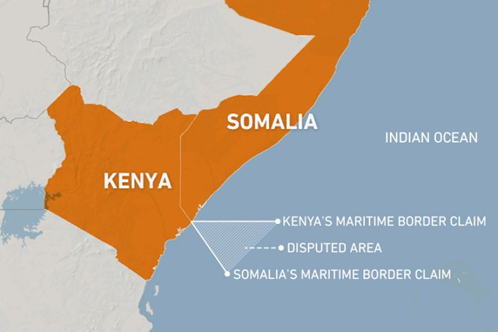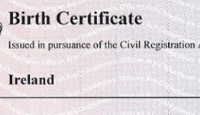Adoption in Somalia and Challenges in International Recognition

Adoption in Somalia and Challenges in International Recognition Hacni Abdiaziz Mussa Dublin Ireland
The legal status of child adoption in Somalia is complex and faces substantial hurdles in international recognition due to a variety of factors, including:
* Absence of a Unified Legal System: Somalia’s political instability and the collapse of the central government in 1991 has led to a fragmented legal landscape. Tribal and clan-based laws often prevail, creating inconsistencies in legal matters such as adoption.
* Dominance of Customary Law: Clan-based practices, often informal and undocumented, frequently govern child guardianship and care. This contrasts with internationally recognized legal frameworks for adoption, which require standardized procedures and formal documentation.
* Influence of Extremist Groups: The presence of extremist groups like Al-Shabaab in parts of Somalia adds another layer of complexity, as they impose their own interpretations of Islamic law that may not align with international standards for adoption.
* Regional Variations: The legal framework in the breakaway region of Somaliland further complicates the overall situation, as it operates independently and has developed its own legal system.
These factors create significant obstacles when seeking legal recognition of a Somali adoption in countries like Ireland, which have ratified international conventions on child adoption and uphold stringent legal standards.
Relevant Legal Frameworks
* UN Convention on the Rights of the Child (CRC): Somalia ratified the CRC in 2015, committing itself to uphold children’s rights, including those related to adoption. However, the lack of a unified legal system and effective implementation mechanisms hinders the realization of these rights in practice.
* Hague Convention on Protection of Children and Co-operation in Respect of Intercountry Adoption: This convention establishes international standards for intercountry adoption, aiming to ensure that adoptions are carried out in the best interests of the child and to prevent abduction, sale, or trafficking of children. Somalia is not a signatory to this convention, which further complicates the legal recognition of Somali adoptions in countries that have ratified it.
* Irish Legal System: Ireland’s legal system, based on common law and adherence to international conventions, necessitates a robust legal framework for recognizing foreign adoptions. The lack of a unified and formalized legal system in Somalia poses challenges in establishing the legality and legitimacy of adoptions for purposes of family reunification or immigration.
In conclusion, while Somalia’s ratification of the CRC demonstrates a commitment to children’s rights, the absence of a unified legal system and the dominance of customary and clan-based laws create significant barriers to international recognition of Somali adoptions. For Somali children seeking legal recognition in countries like Ireland, these challenges necessitate careful navigation of complex legal frameworks and potentially require additional evidence to establish the legitimacy of the adoption.





